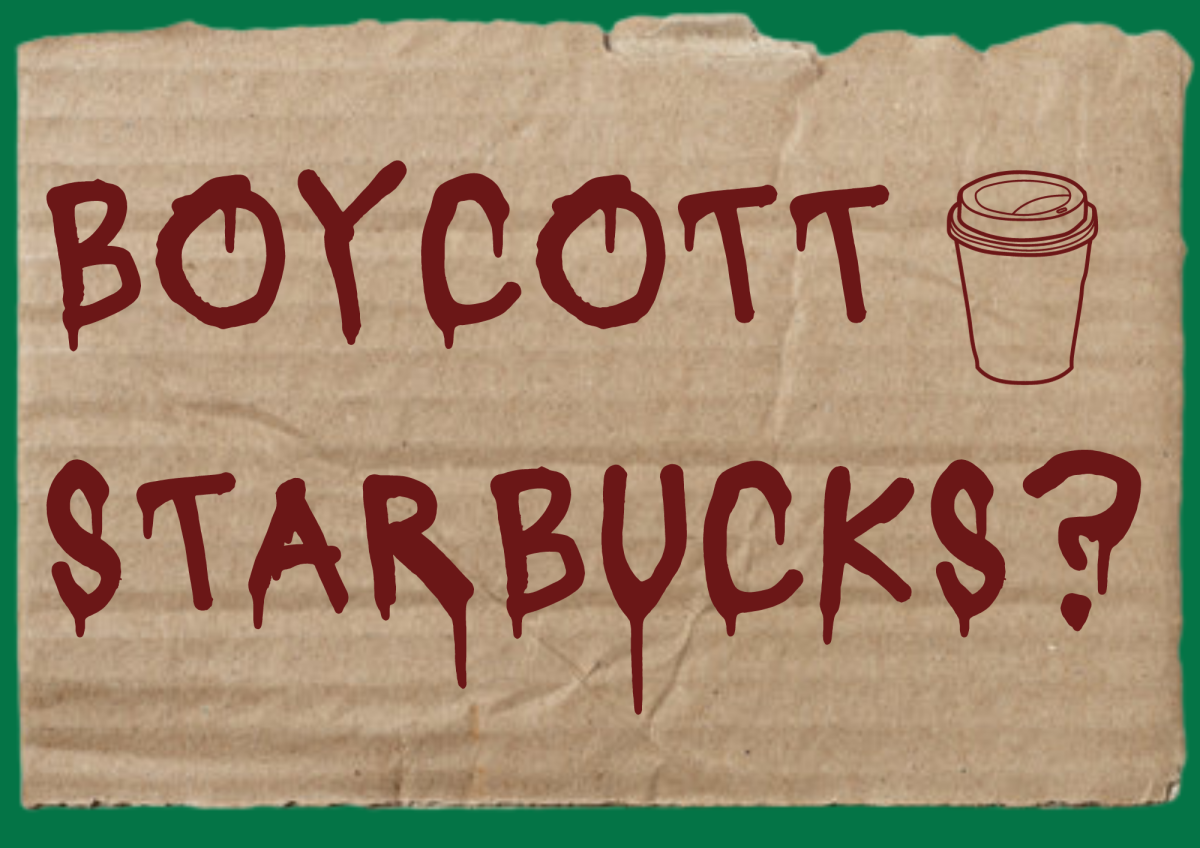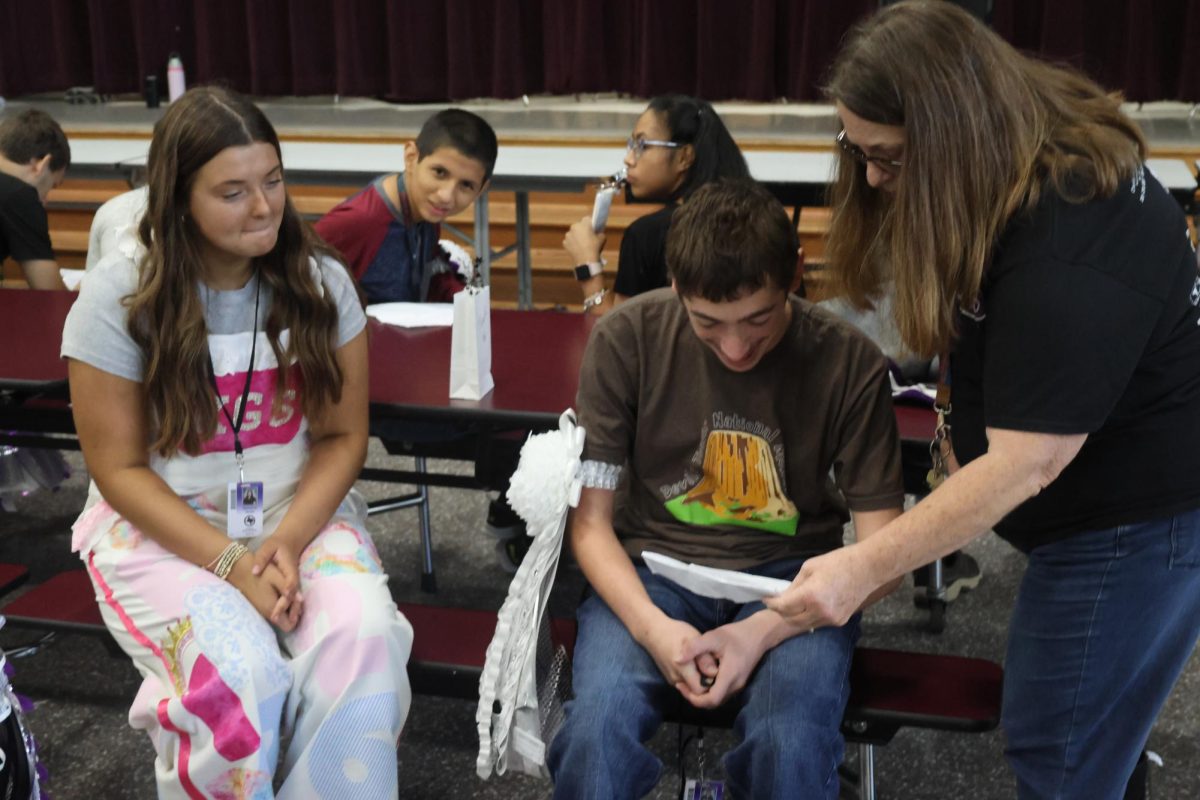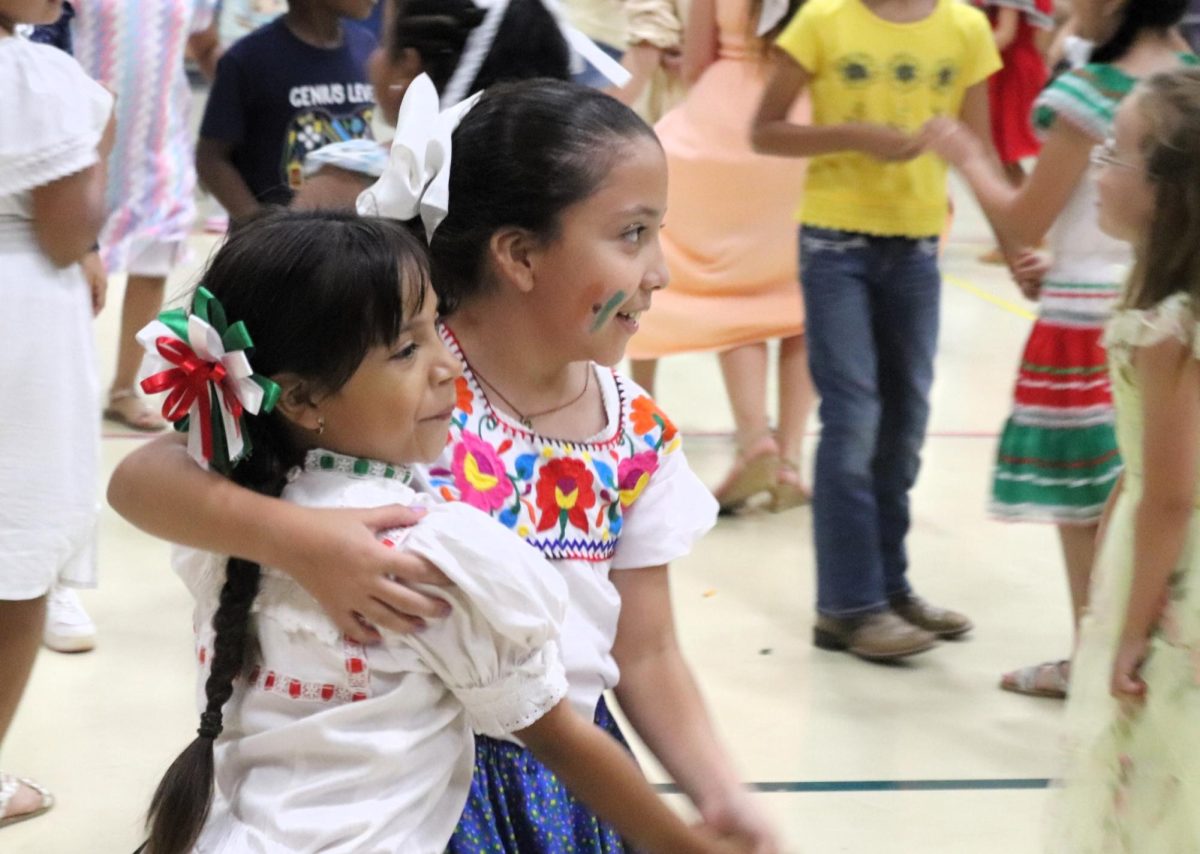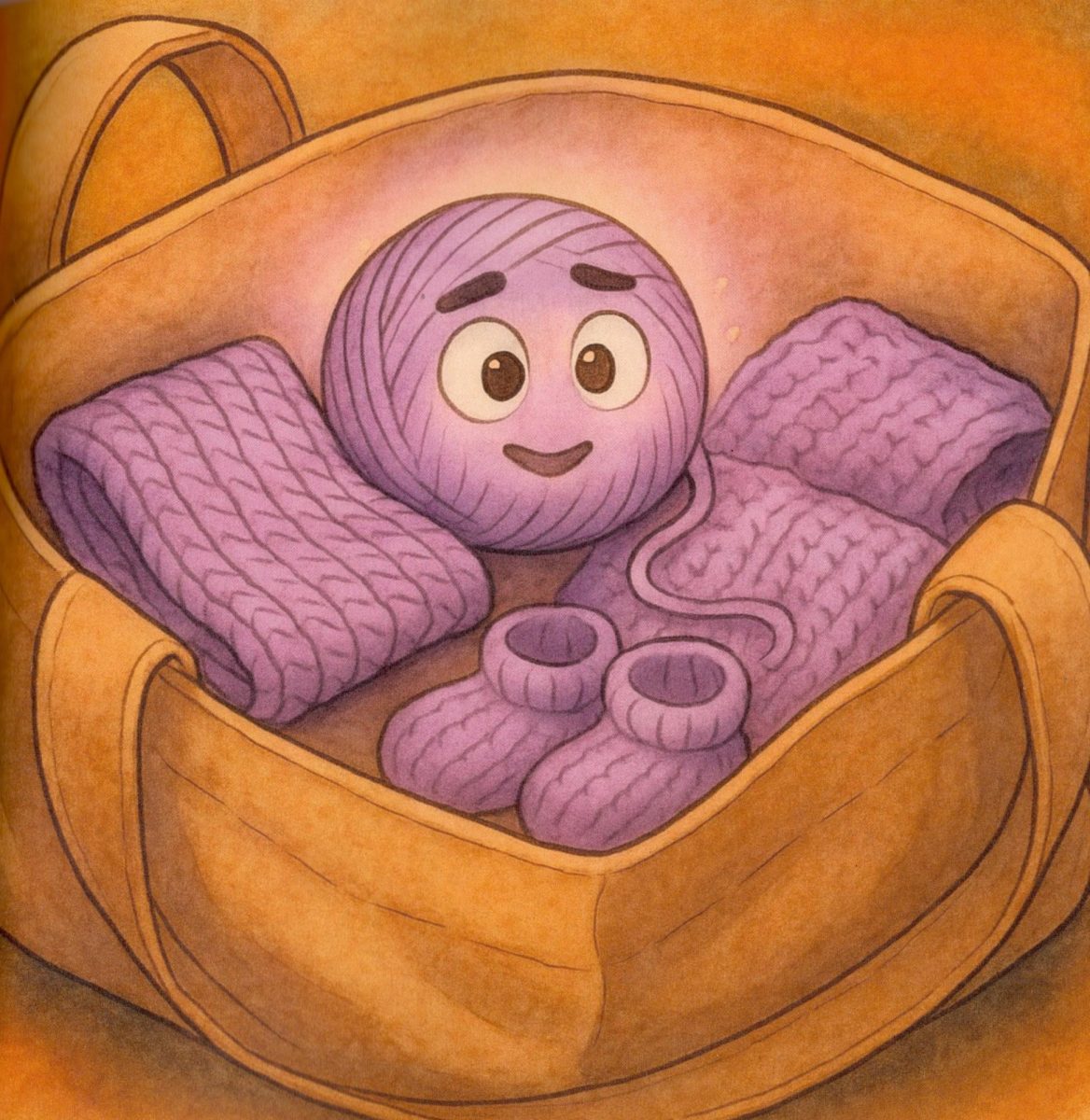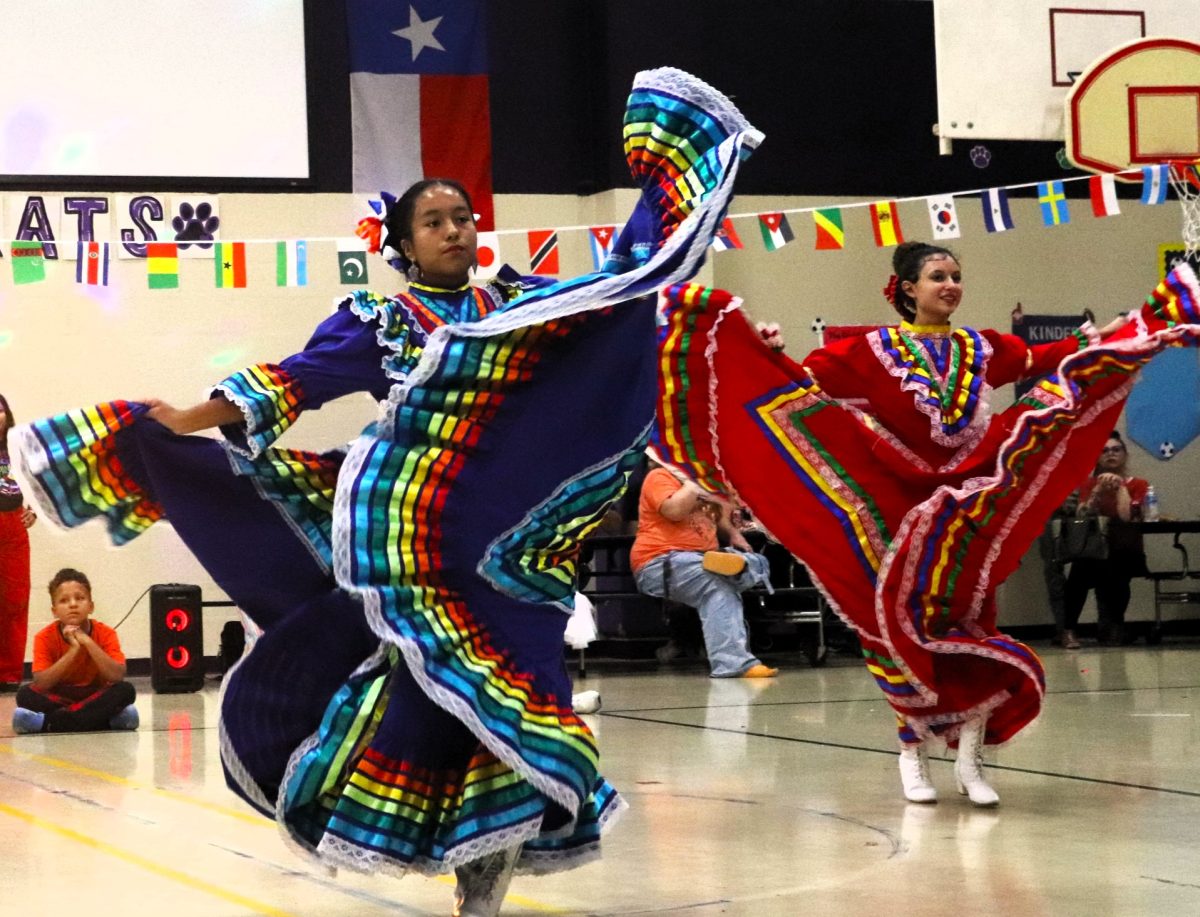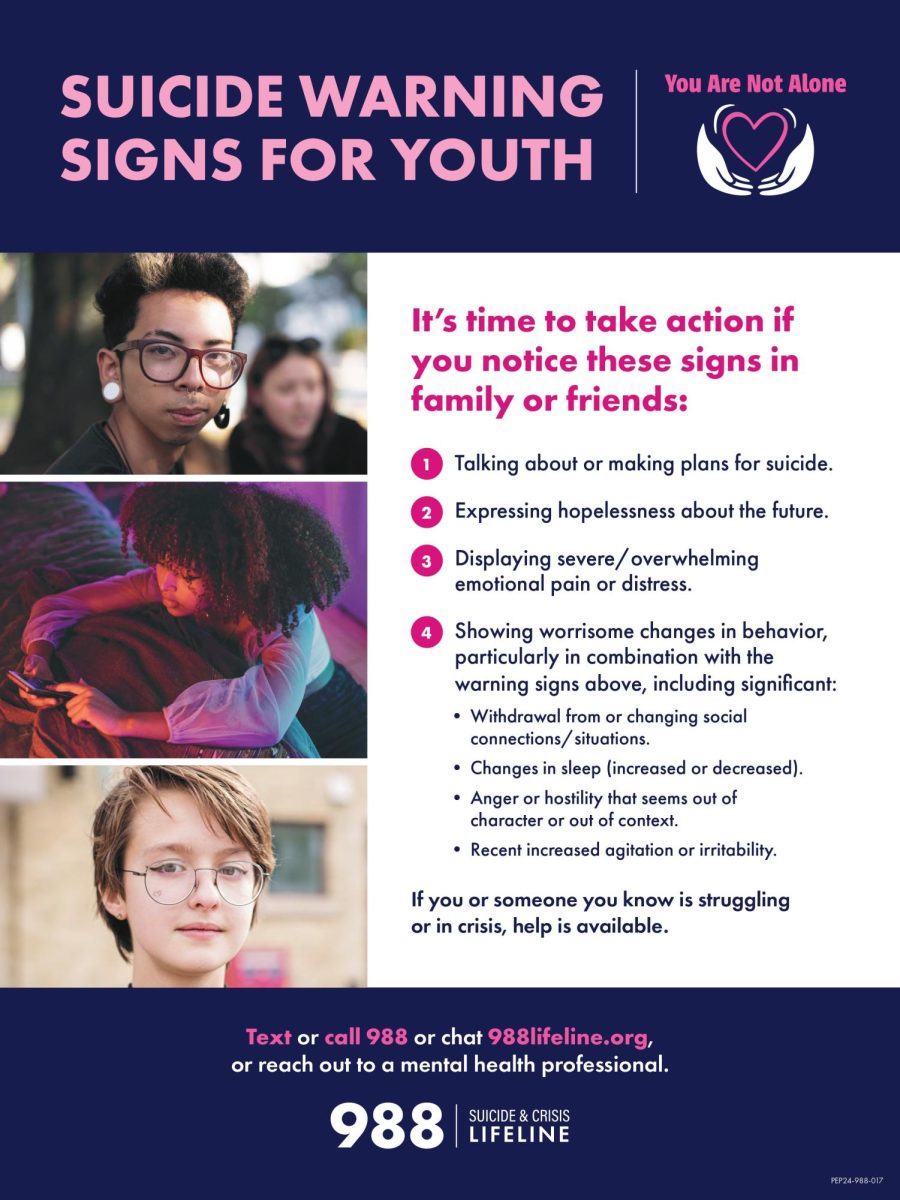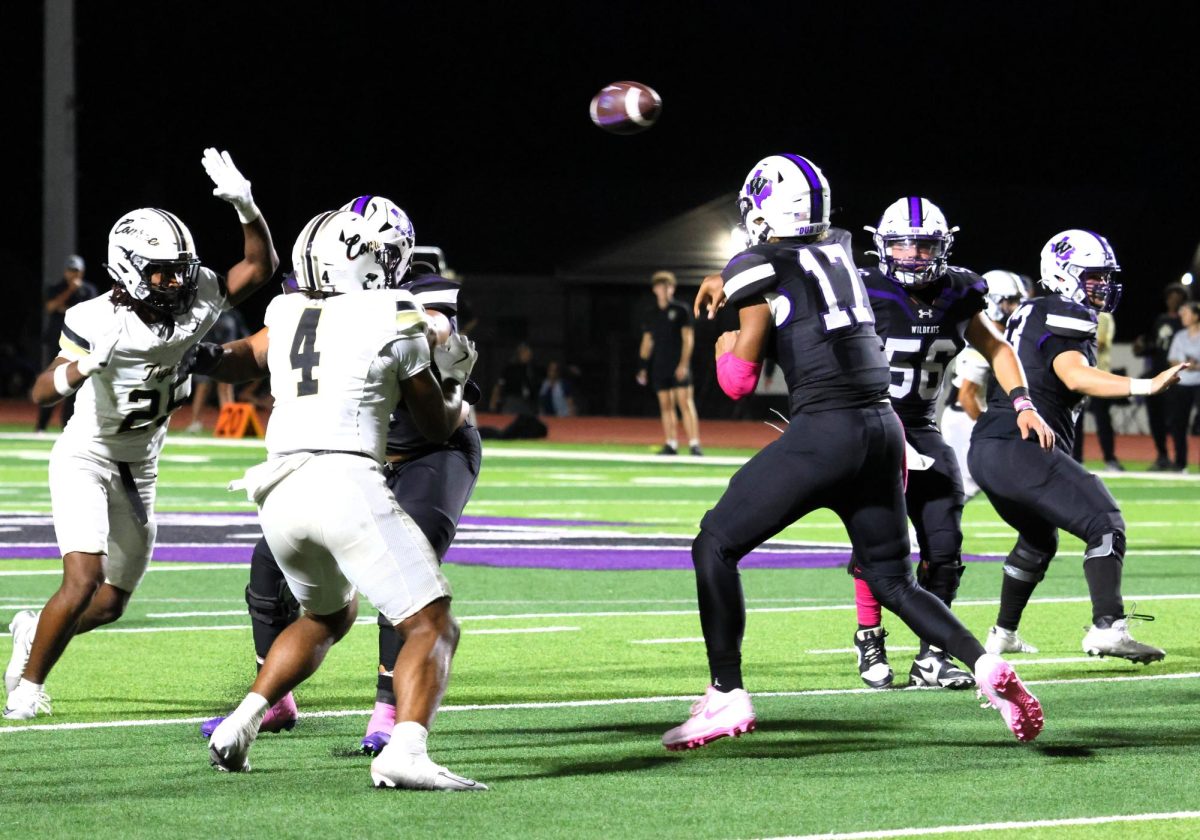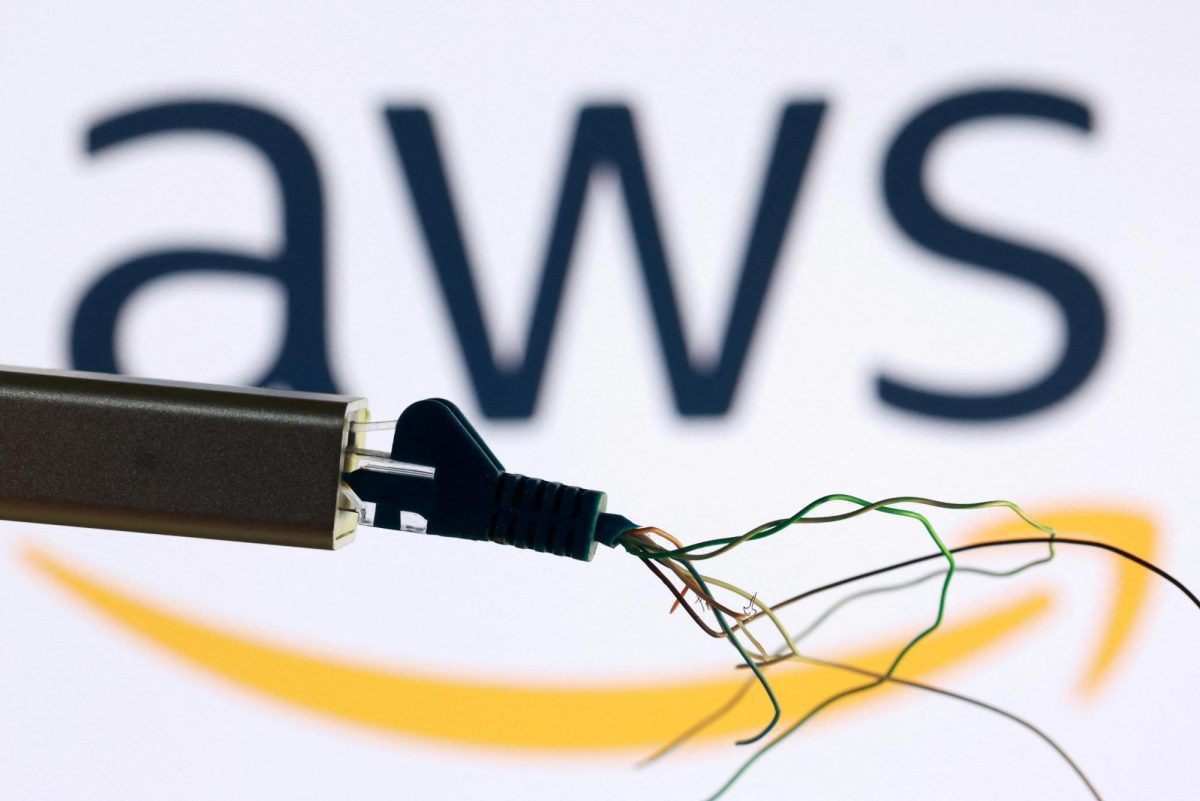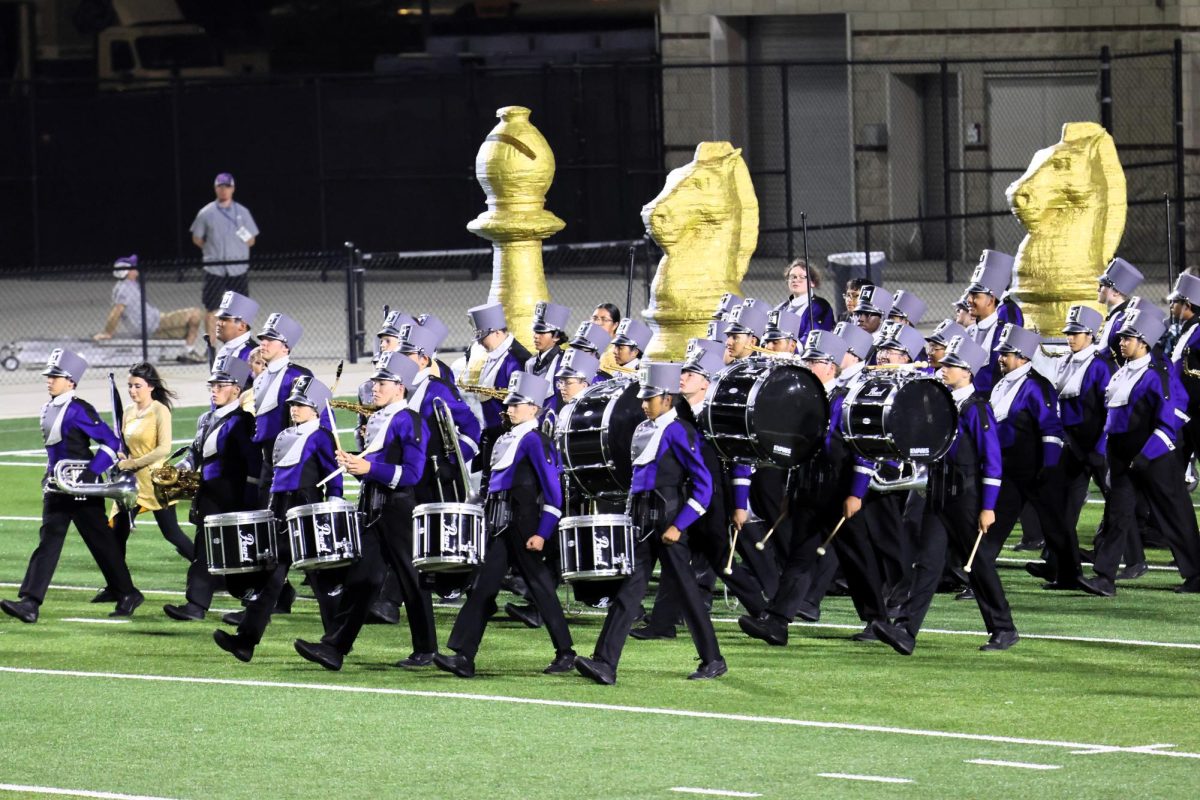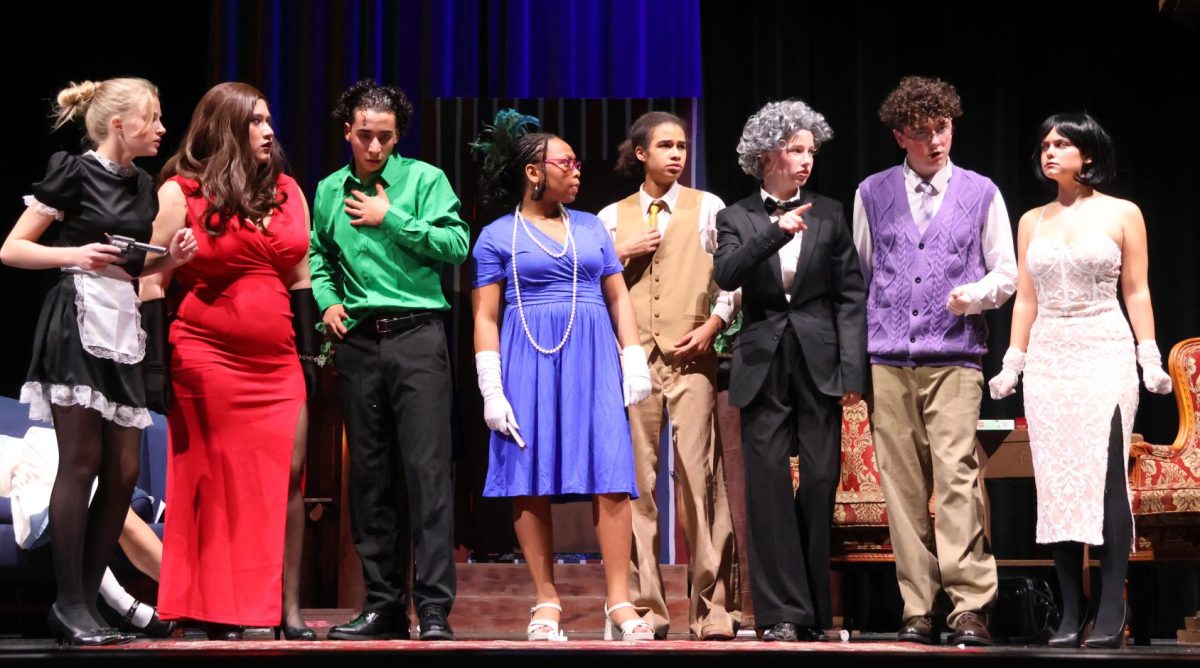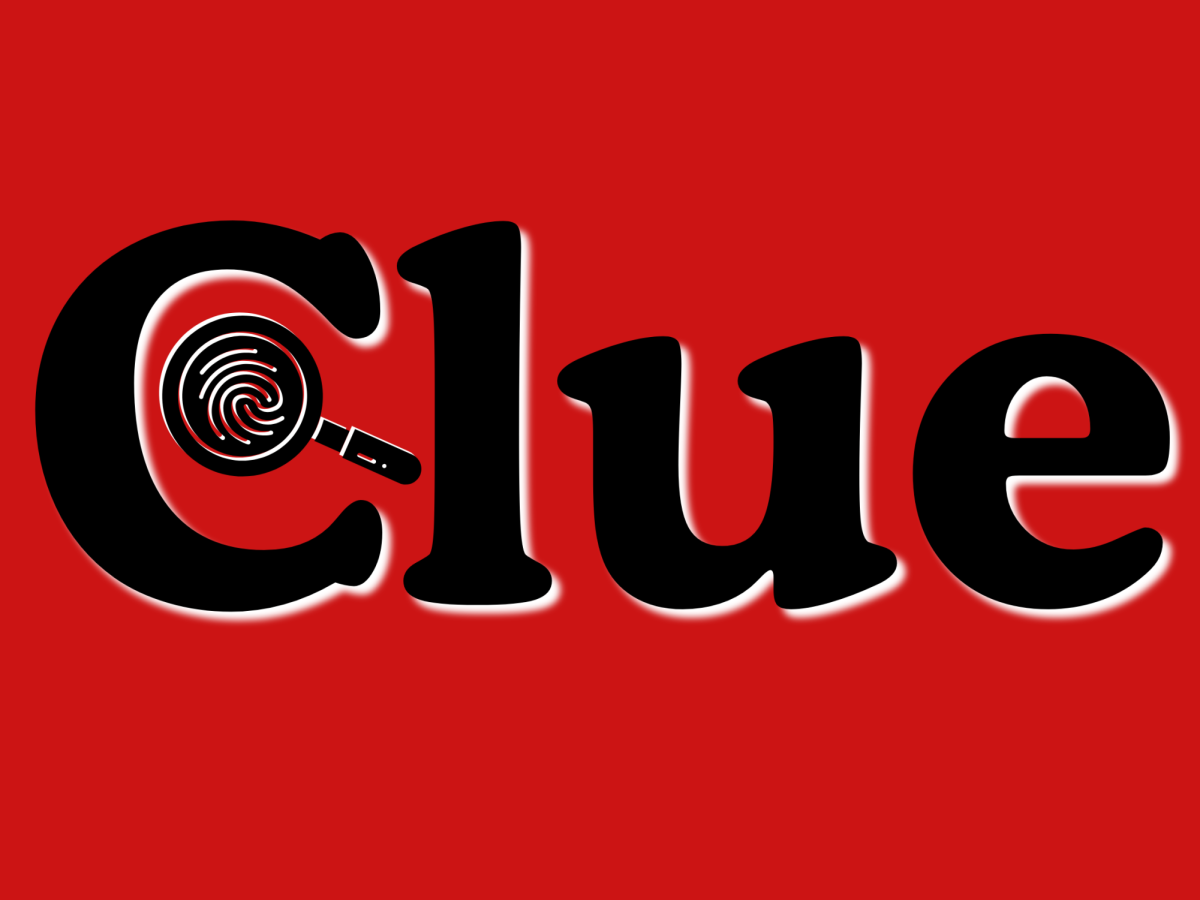The worldwide coffee shop Starbucks is known for its inclusivity and support of various organizations. These organizations range from LGBTQ+ support groups to diversity. However, Starbucks’s most recent support in Israel is brewing more trouble than it’s known for. Right now Palestine and Israel are still involved in the 20th century’s largest conflict and Starbucks supporting Israel’s actions are creating boycotts around the country.
The long-term war has been present since 1948 and Palestine and Israel have both been victims recently which led to a boycott movement. The boycott movement was started when a Twitter account named Starbucks Workers United posted a tweet saying, “Solidarity with Palestine” a response to a post tweeted by The Washington Post where a bulldozer is representing Gaza bulldozing an Israeli fence. As the tweet gained the attention of Starbucks the Starbucks corporation decided to sue the union account as they supported Israel’s side and had been aiding in military resources. The ugly side of this began when Palestine sent an attack on Israel and Israel responded with another attack but with more missiles. This Hams-Gaza war has gained more attention on other platforms such as TikTok where the boycott movement originally started.
After reaching TikTok, users have been expressing their opinions on whether or not the Starbucks boycott was necessary and who is in the wrong. With social media being prevalent in schools, students have also taken note of this current situation and have mixed opinions on Starbuck’s viewpoint.
“To be honest I feel like companies shouldn’t get into any sides and should stay neutral or not express their opinions at all,” senior Chloe McKibbins said. “I feel like they shouldn’t get into politics because someone will always get mad no matter what they say.”
Ever since the boycott movement has gone viral, there have been people who believe there is no reason to boycott.
“Personally for me, I’m not boycotting and I don’t plan on it,” junior Adrian Diaz said. “The company has nothing to do with Palestine or Israel so it shouldn’t matter if we boycott or not.
However, Starbucks is affiliated with groups that support underrepresented people and this support in Israel has caused some people to boycott.
“I personally think that they’re are being hypocritical, to support Israel is to support genocide on a group of people who are already being discriminated against but then to go out and support other diverse groups/communities that are also discriminated against,” sophomore Isaiah Higgins said
Although the boycotts are a new movement, there has been evidence that it is making a difference. In Muslim countries, Starbucks stores have been forced to close down due to a lack of customers and the backlash they faced. This leads to the question of whether Starbucks stores will face the effects of the boycott here in the US.
“I believe that the boycott will work but at the same time a lot of people would most likely still buy from them,” senior Perla Badillo said. “I hope they listen to the boycott and notice their choices in supporting Israel is their cause of the decline in sales.”
Regardless of whether or not someone is participating in the boycott, some students feel it’s important to note that it’s a serious issue and that more matters can be done to help Palestine.
“I do feel there are more important matters than boycotting Starbucks for example, writing to Congress and voicing your opinion on the issue,” Higgins said.


